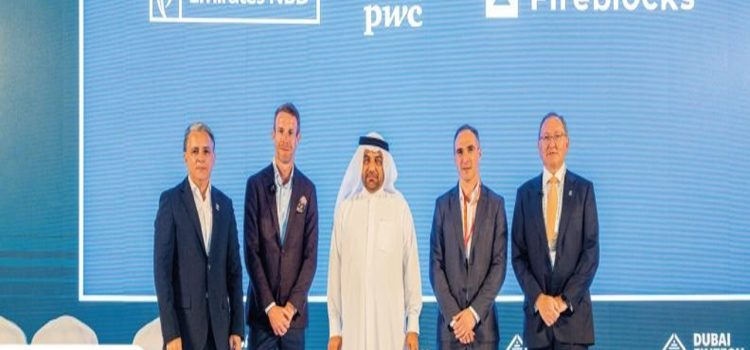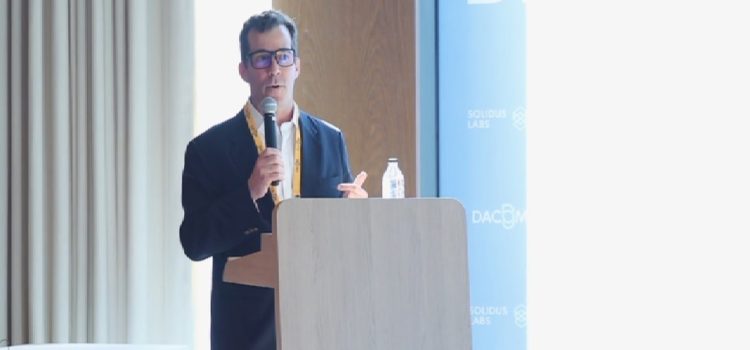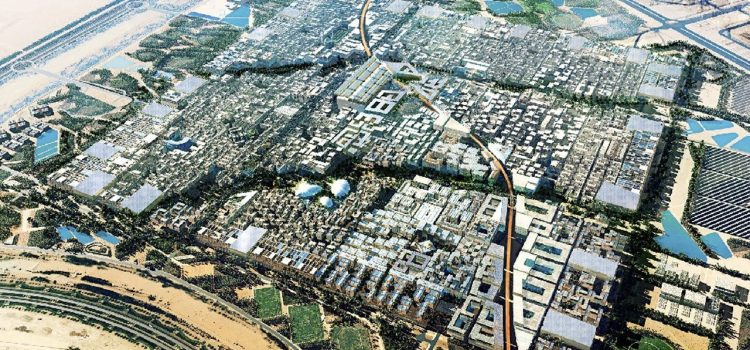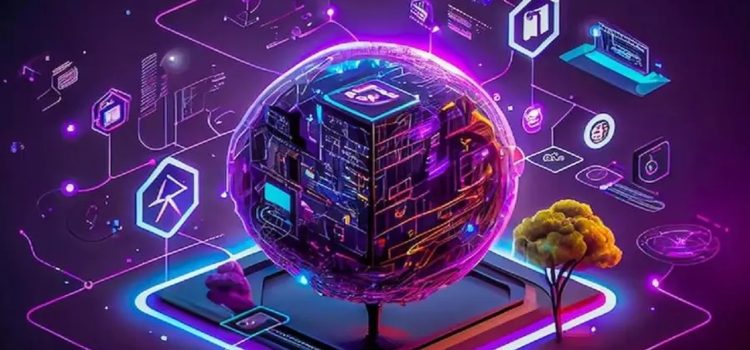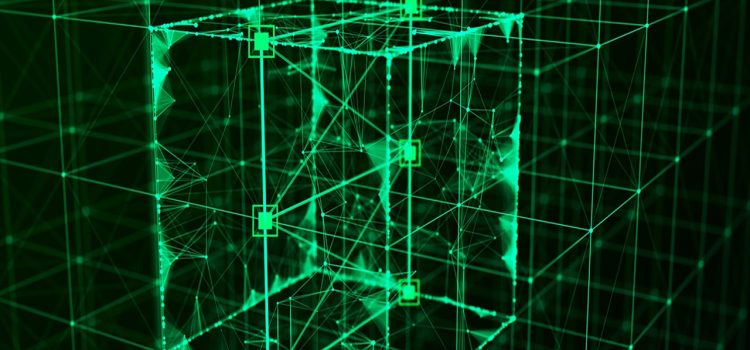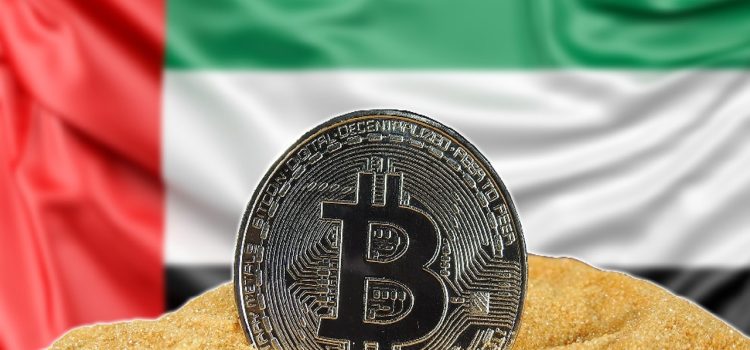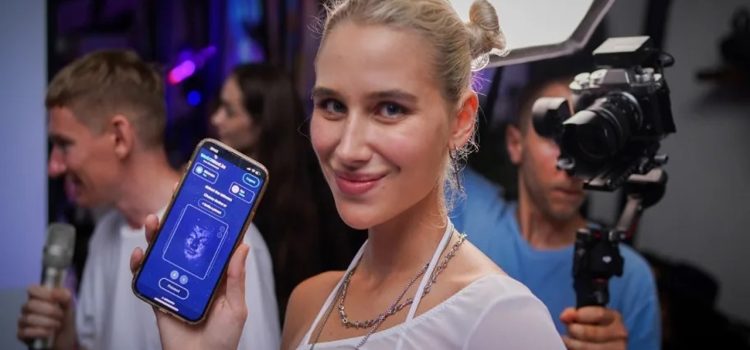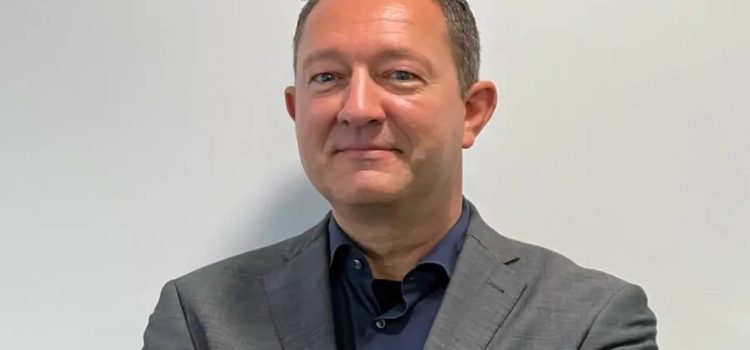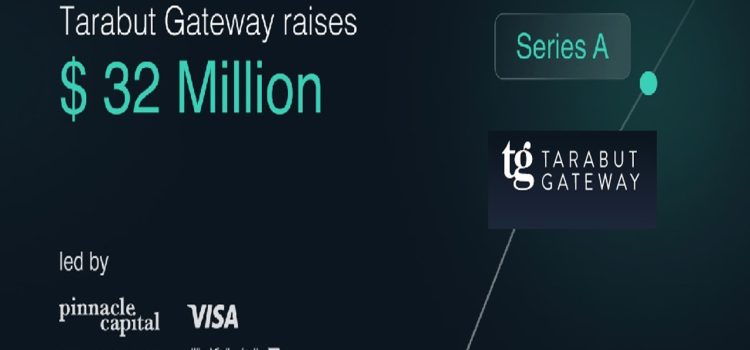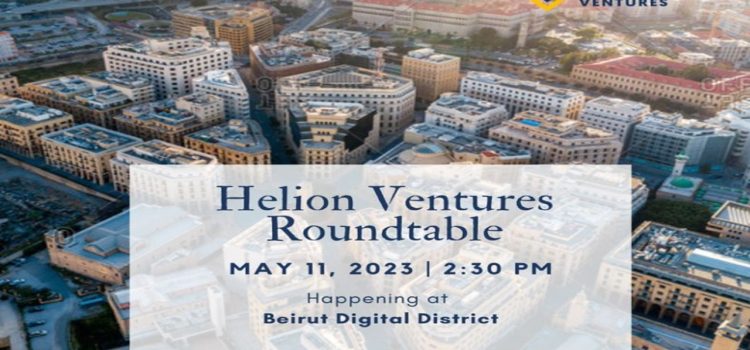The exodus of Crypto and Blockchain startups from the United States seems to be intensifying and it looks like the MENA region, and UAE are the new preferred destinations for CoinBase, Circle and Bittrex.
Tim Draper, Founder of DFJ VC tweeted recently that Silicon Valley startups are relocating to Middle East, Asia, and Europe.
He states, “CoinBase and Gemini are moving out of the US for regulatory reasons. Dubai, London and Singapore are eating into New York’s blockchain leadership. This exodus is not good for US jobs, economy, and homelessness.”
Additionally, in the last 24 hours CoinBase announced that its CEO and Co-Founder Brian Armstrong is currently in the UAE for a series of engagements with policymakers, regulators, partners, Web3 and crypto founders as well as clients.
Armstrong is delivering a keynote address at the inaugural Dubai Fintech Summit, under the patronage of His Royal Highness, Sheikh Maktoum bin Mohammed bin Rashid Al Maktoum, First Deputy Ruler of Dubai, Deputy Prime Minister and Minister of Finance.
As per CoinBase blog, “Crypto and Web3 serve as enormous opportunities for economic and technological diversification for the UAE, and the region has the potential to be a strategic hub for CoinBase, amplifying our efforts across the world.”
The blog adds, “It further serves as a particularly strategic bridge between Asia and Europe – two of our existing focus international regions to date.”
CoinBase reiterated that it is not only working with Abu Dhabi Global Market (ADGM) regulators to further expand the licensing and availability for CoinBase International Exchange but is also engaging with Dubai’s Virtual Assets Regulatory Authority (VARA), a dedicated regulator for virtual assets, as they put forward a comprehensive retail framework built on the principles of economic sustainability and cross-border financial security.
CoinBase believes that their presence in the UAE will not only expand their global footprint but also help to bring 1 billion users to crypto.
The blog adds that the MENA region is out to be a leader in the development of a web3 ecosystem, making it an attractive location to consider investing in. The vacuum created by other notable jurisdictions means that international counterparts, such as the UAE, are racing to fill the regulatory gap.
CoinBase is not the only US Company that is looking at the UAE. It also seems Circle is interested in the region as well. The Circle team were recently present in Dubai UAE at a dinner hosted by Miriam Kiwan, the partner of Raiven Capital.
Jeremy Allaire, CEO of Circle Internet Financial, during an interview with Bloomberg, blamed the shrunken value of the company’s stablecoin, USD Coin, on regulatory challenges in the United States and concerns about its banking system.
In addition in March 2023 the SEC sued crypto exchange Bittrex shortly after it announced it was leaving the US markets. Bittrex, announced it would no longer do business with U.S. citizens because “it’s just not economically viable for us to continue to operate in the current U.S. regulatory and economic environment.”
Stephen Stonberg, CEO of Bittrex Global crypto exchange has stated that the UAE and Dubai are among the friendliest jurisdictions for the cryptocurrency industry. He added in a Bloomberg interview Dubai is likely to benefit from the expanding crypto market in the Middle East as local regulators increasingly accept blockchain related technologies.
Finally in a recent LinkedIn post by Ali Jamal, CEO of UAE based Cryptos Consultancy, a crypto and Blockchain licensing firm, he noted, “We at Cryptos Consultancy have been getting lots of queries from crypto and tradfi businesses about setting up Virtual Asset practices in Dubai. There is a real buzz around Dubai’s virtual assets ecosystem now that the Virtual Assets Regulatory Authority (VARA) regulations are out.”
So as crypto and Blockchain businesses flee the USA, the tightening regulations in the USA continue with The New York State Attorney General (NYAG) Office announcing last week that Attorney General Letitia James has proposed “landmark legislation to tighten regulations on the cryptocurrency industry to protect investors, consumers, and the broader economy.” The announcement stated, ” Attorney General James’ program bill, which proposes the strongest and most comprehensive set of regulations on cryptocurrency in the nation, would increase transparency, eliminate conflicts of interest, and impose commonsense measures to protect investors, consistent with regulations imposed on other financial services.”
It seems that this is only the beginning and the MENA region with UAE and Bahrain at the helm will become the new crypto Silicon Valley.
If you would like to support LaraontheBlock blog and are happy with the content being published you can do so by donating USDT . Thank you!









